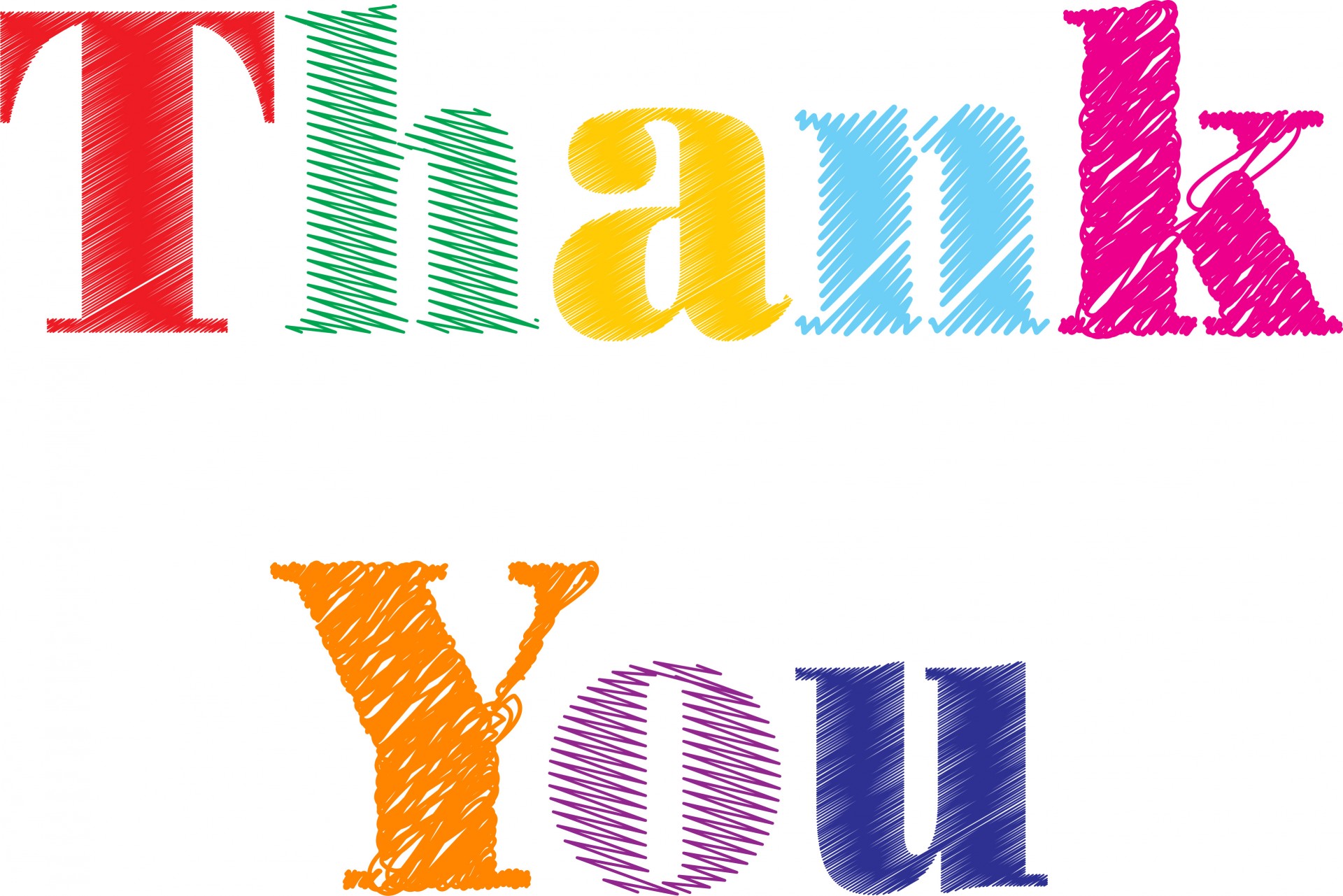
It’s Time to Say Thank You…
By Dr. Terry Macaluso, Head of School
…to our Upper School Peer Mentors. In several of the parent coffees I’ve attended in the past two weeks, we’ve heard some very appreciative comments made by parents regarding Peer Mentors. It’s one of those things that contributes substantially to the culture of the community—and it’s invisible to most of us. Peer Mentors go through some formal training, and they meet regularly to discuss approaches, strategies, and to get answers to questions that may have emerged in the sessions they facilitate.
Having a Middle and an Upper School makes it possible for us to do some excellent work with students in both divisions. Compassion increases for students who learn how to provide guidance to others. And it’s not a one-way street. Middle Schoolers have been wonderful to their Mentors—often having surprise parties around exam time to bring good luck to their mentors (It’s not really about luck, but it’s still a very sweet gesture.)
|
|
|
Remember the photo we passed along recently—the one with me surrounded by 5th grade girls? Those girls are among these Peer Mentors. They had Mentors when they were 10, and they’re Mentors themselves, at 18. This is a powerful way to understand the significance of human development from childhood to “almost” adulthood. There may not be a more important capacity to develop than that of compassion in the transition from being cared-for to being caring. This is the most important message parents convey to their children from infancy. We learn to care by being cared for. This fundamental truth provides the foundation for the development of ethical behavior which is, itself, the foundation for the possibility of civilization.
I know. It might seem to be a bit of a leap to go from Upper School students meeting with Middle School students to the foundation of civilization. But if you really think about it…
-Taken from the May 6, 2020 Community Briefing

